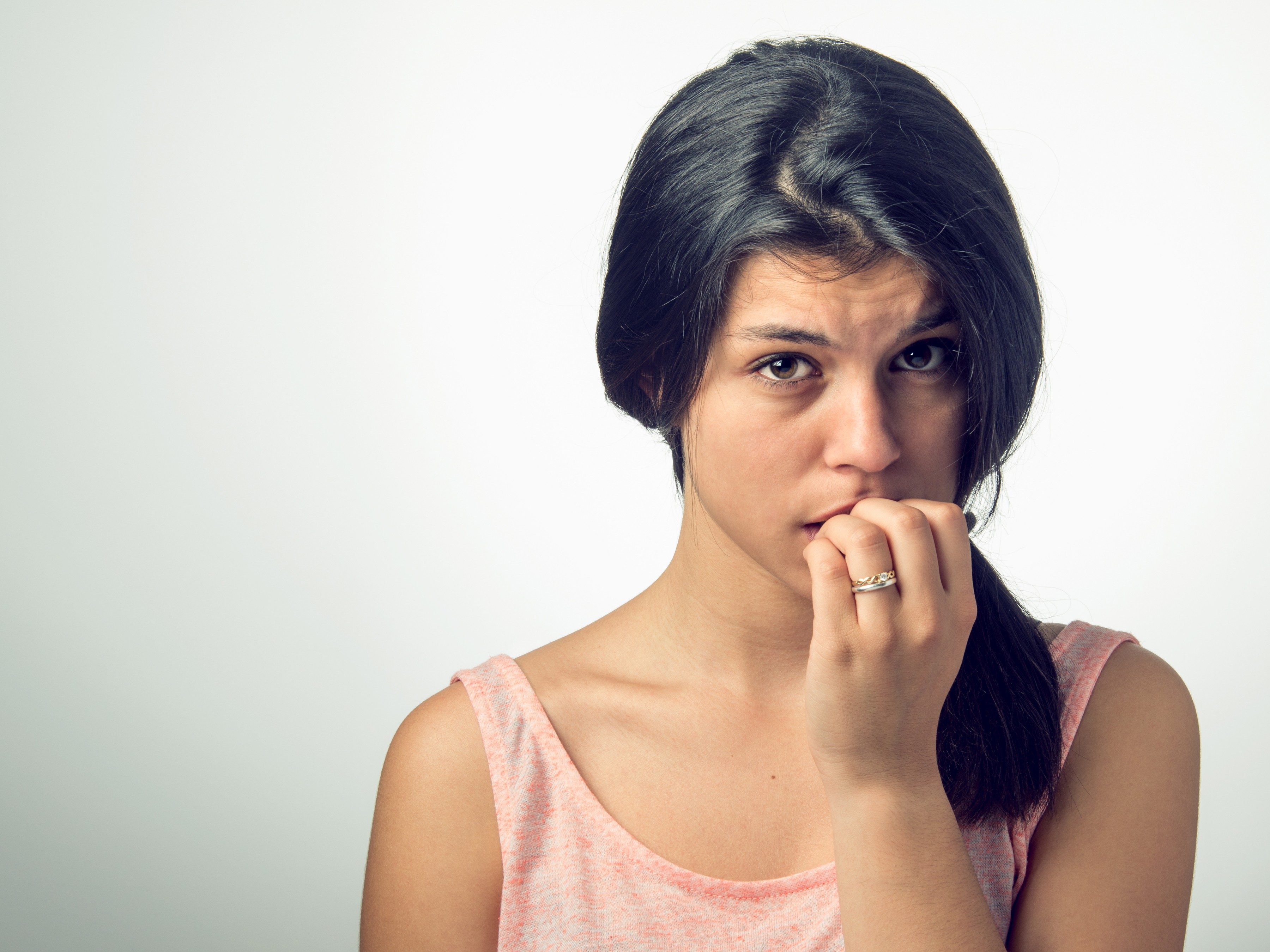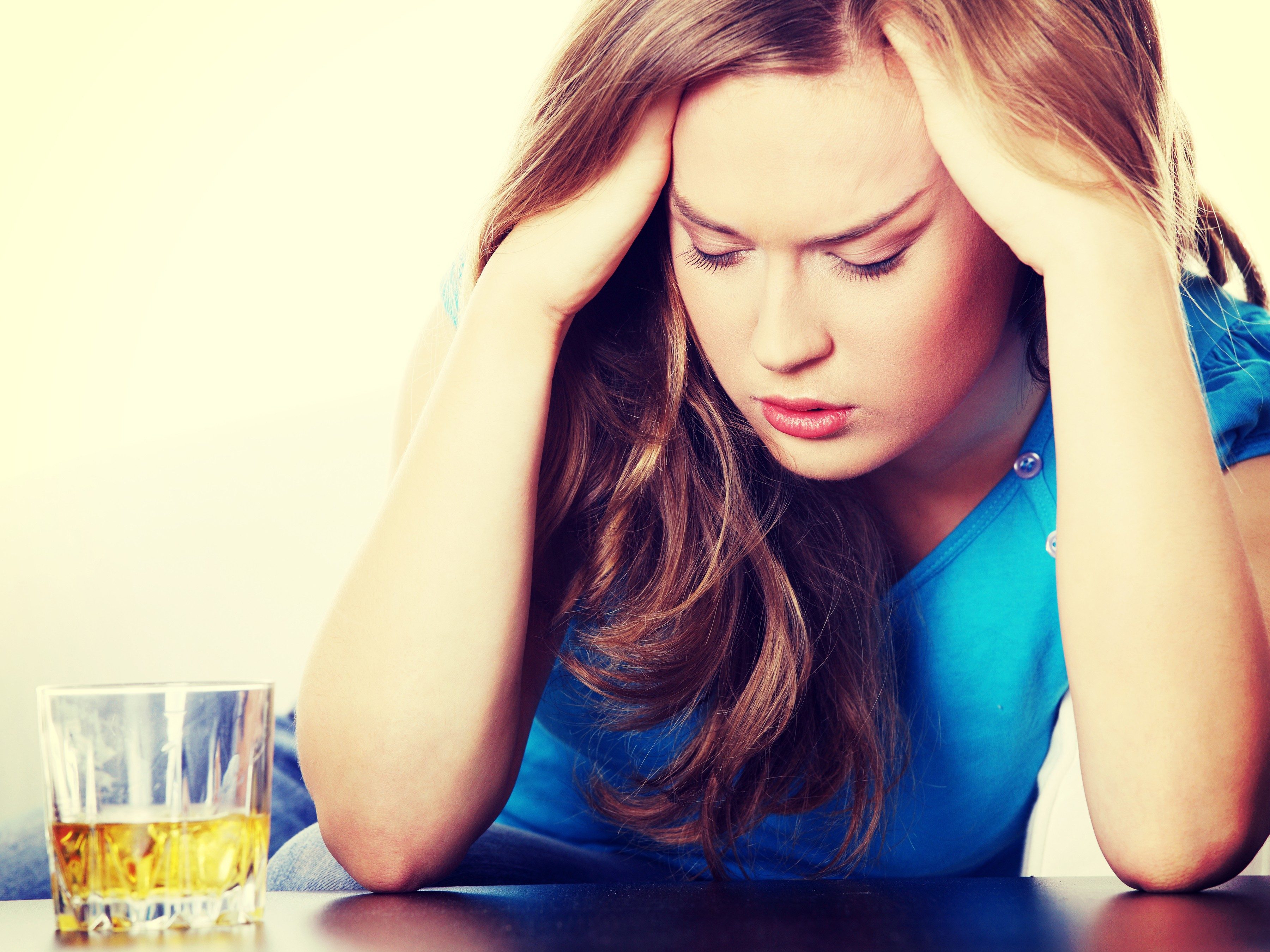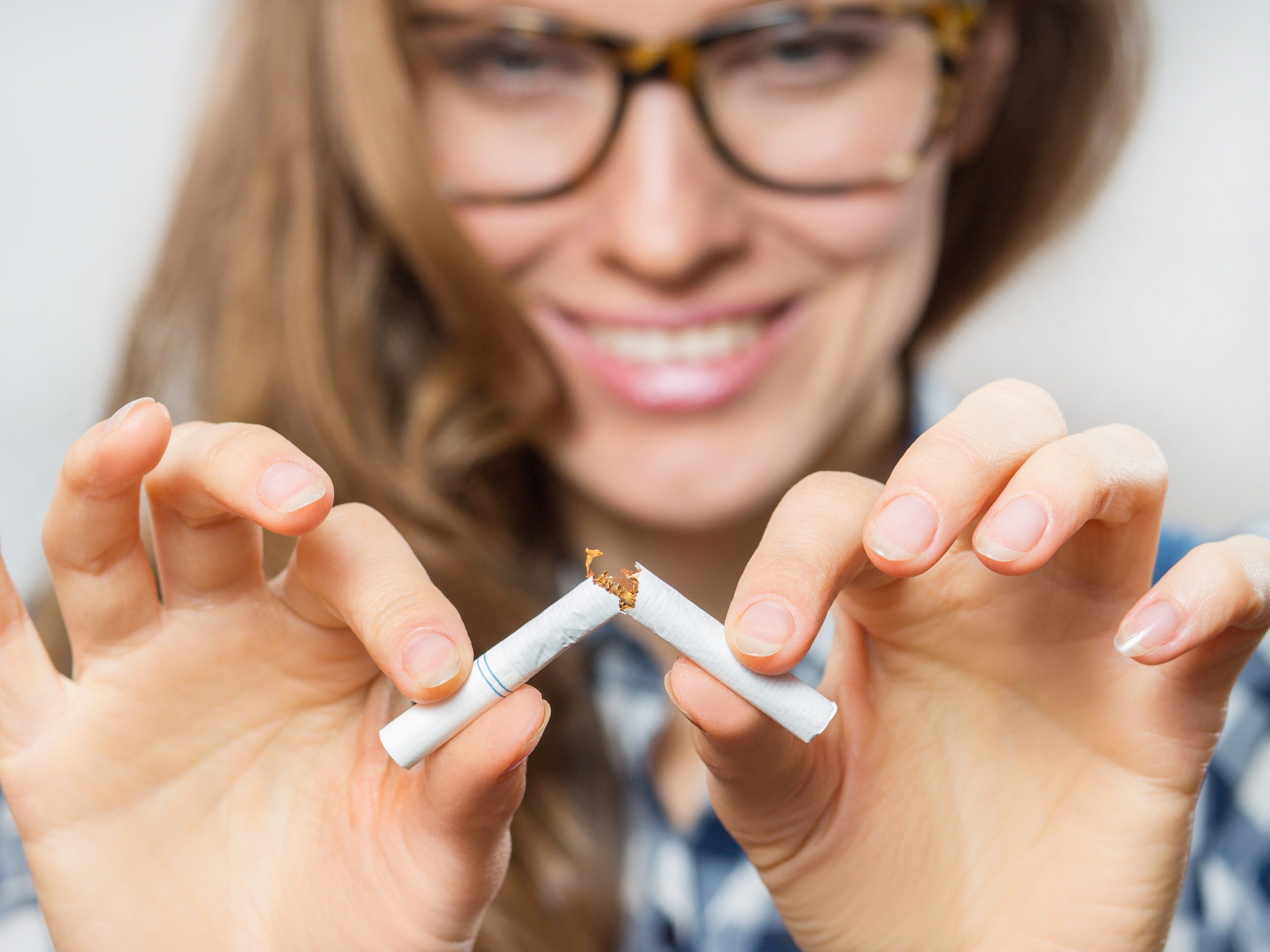
1. Limit caffeine.
For the same reason it gives you energy, caffeine also makes you jumpy. If you can’t quit caffeine completely, consider making changes to your consumption. For example, you could limit the number of cups of coffee you drink per day, set a time of day that you won’t drink caffeine after or switch to green tea. If you usually take breaks in your workday to pick up coffee, consider taking a short walk or other strategies for replacing that part of your routine.

2. Stop drinking alcohol.
Alcohol affects the brain similarly to anti-anxiety medication, inducing an initial state of calmness. But chronic alcohol consumption leads to rebound anxiety. Heavy drinking can also cause life problems (financial or relationship difficulties, for example) that create anxiety. As it turns out, drinking away your worries may, in fact, be adding to your anxiety symptoms.

3. Stop smoking.
As with alcohol, nicotine can help calm anxiety. However, it’s addictive and you’ll eventually need more and more nicotine to keep anxiety levels low. Although quitting will temporarily trigger anxiety, these symptoms will subside within 4 weeks. Don’t stop smoking alone; let friends and family know that you’re quitting so they can act as a support system. There is evidence that people who quit smoking with supports in place are more likely not to go back to smoking.
Related features:
6 Natural Remedies for Anxiety
10 Tricks to Cope With Anxiety
25 Ways to Stop Smoking